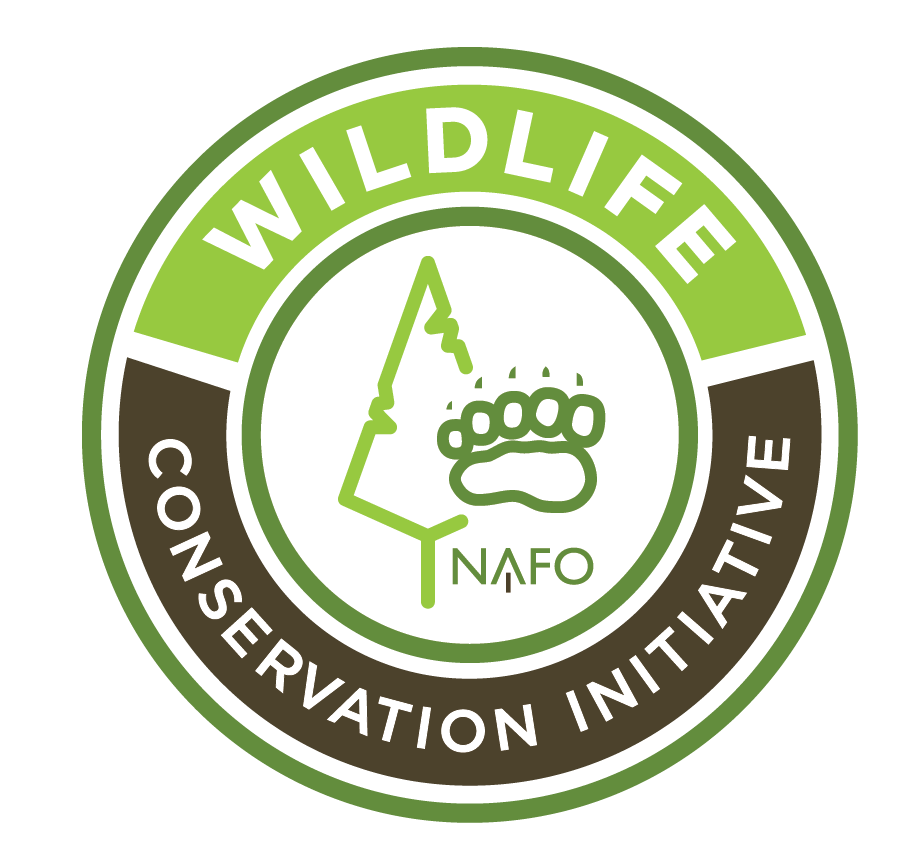Wildlife Conservation Initiative Partnership

The Wildlife Conservation Initiative (WCI), which began as individual, regional collaborations, has grown into a formal, agency-wide initiative and a model for engaging forest owners, federal and state agencies, and stakeholders in effective voluntary species conservation.
The WCI has a very simple objective: to conserve common, at-risk, threatened, and endangered species through active forest management of private working forests.
The WCI also operates simply. National Alliance of Forest Owners (NAFO) member companies partner with NCASI, the US Fish and Wildlife Service (USFWS), and other collaborators to identify priority species that need private working forests for their habitat, collect field data on how active forest management affects species and, in some cases, wildlife communities, and use the data to determine together how to maintain and improve conservation benefits.
The WCI has ongoing species conservation projects in every USFWS region where NAFO members own or manage significant acres of forest land and is demonstrating the value of active forest management as a wildlife conservation tool.
The WCI was founded on the recognition that private working forests are an important conservation tool. NAFO members own and manage more than 46 million acres of private working forests in 34 states – a scale needed to achieve conservation success for many species.